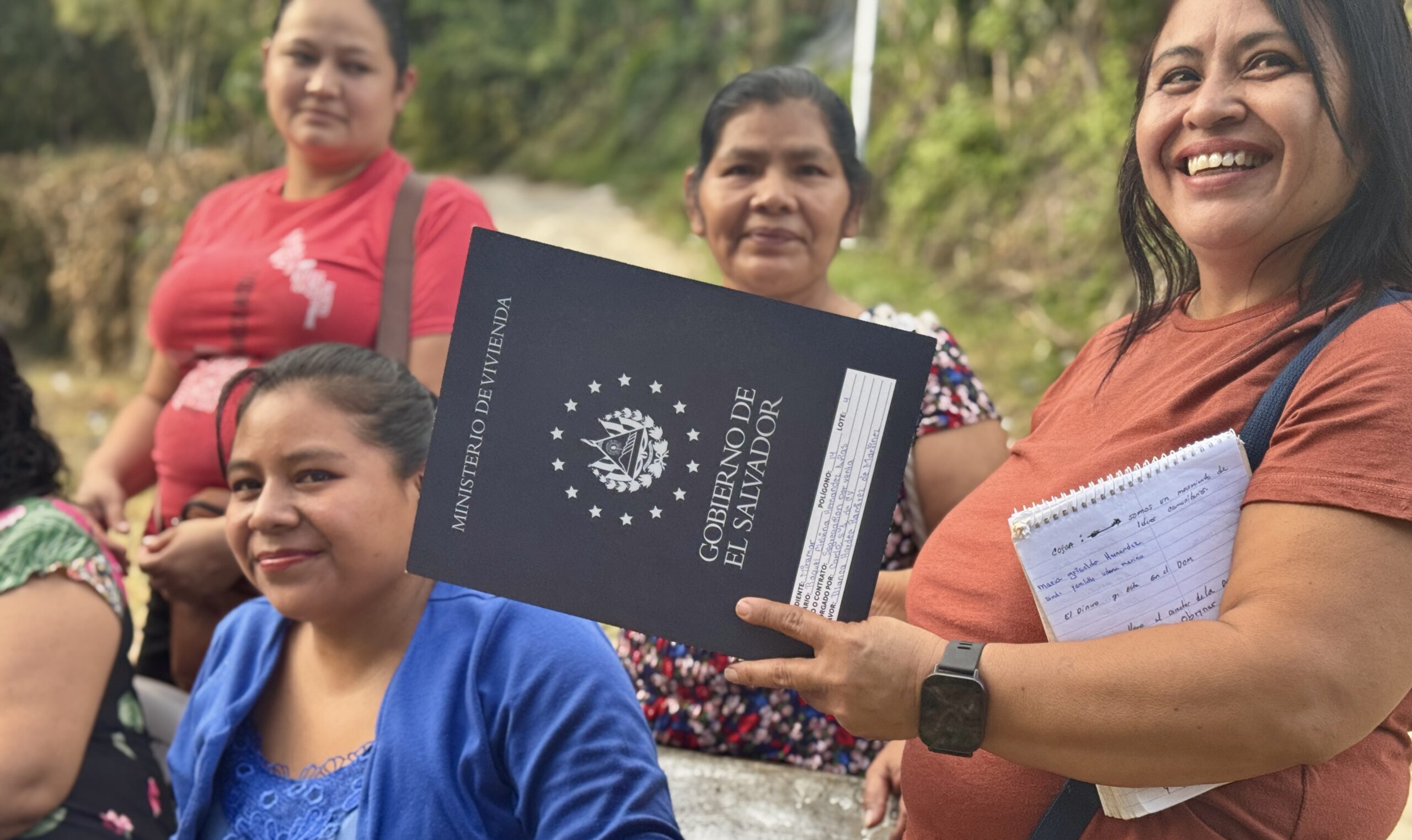Zacatecoluca, El Salvador — Salvadoran Housing Minister Michelle Sol announced that the government has regularized the land titles of 61,333 families and is prepared to move forward with…
Questions and Answers about the Trump Administration’s Decision to End Humanitarian Parole
Here is some initial information in the media about the Department of Homeland Security announcement that the Administration is ending the Humanitarian Parole program for Cubans, Haitians, Nicaraguans and Venezuelans.
Please consult a reputable immigration attorney to provide guidance for your situation. A good resource is the National Immigration Legal Services Directory.
How many people came to the United States through the humanitarian parole program and are affected by this decision?
As of December 2024, 531,690 people had come through the program, which began in January 2023. That includes 110,240 Cubans, 211,040 Haitians, 93,070 Nicaraguans, and 117,330 Venezuelans who flew into U.S. airports.
What is the consequence of ending humanitarian parole?
The federal notice revoking legal status of humanitarian parolees is expected to be published on Tuesday and the Department of Homeland and Security has provided a 30-day wind-down period. Homeland Security can deport anyone without a lawful basis to remain in the U.S. following the termination, including within the 30 days.
Who will be at risk for deportation?
DHS intends to prioritize for deportation those who have not, before the publication of the notice, properly filed a request for an immigration benefit to have a lawful basis to remain in the U.S. This includes applying for adjustment of status, asylum and Temporary Protected Status. Also targeted for deportation are people who are not the beneficiaries of an immigration-benefit request filed by someone else on their behalf. This includes petition for a relative, a fiancé or an immigrant employee. Migrants who came under the parole program and who have obtained a lawful immigration status that permits them to remain in the U.S. are not required to depart the country under this decision.
Can I apply for asylum or another immigration status to protect me from deportation?
The administration has said that people who entered the U.S. through the humanitarian parole program will have any applications to adjust their status put on hold. Immigration lawyers say they do not understand how, for example, people can be blocked from applying for asylum if they have a valid claim. That said, anyone affected by the termination notice should consult with an immigration attorney. The administration decision implies that any steps paroled migrants take to adjust their immigration status after publication of the notice on Tuesday would not be deemed as protection against deportation.
I have a valid work permit. Will this affect me?
The administration is canceling all work authorizations of people who came to the U.S. under the parole program. DHS has determined that, after termination of the parole, the condition upon which the employment authorization was granted no longer exists. Hence, the agency intends to revoke parole-based employment authorization, according to the notice.
What does revoking employment authorization mean?
When the work authorization ends, it automatically places those people in an undocumented status in the U.S. This means that at any point, they can be picked up by immigration officials and put in deportation proceedings. For those who have been here for two years or less and live near a border, the notice says, their deportation will be expedited.
What happens to migrants who cannot return to their home countries?
That is unclear. But the notice says that President Trump has been negotiating with Latin American countries about taking undocumented migrants that the U.S. is deporting. For example, on Feb. 16 Panama received a U.S. military plane transporting 119 deportees of various nationalities, who were then supposed to be repatriated to their own respective countries. “Panamanian President Jose Raul Mulino has offered his country as a stopover for aliens expelled from the United States,” the federal notice says.
What does this mean for my car and rent in the U.S.?
The federal notice notes that people have made significant investments under the program, either selling property in their home countries before traveling to the U.S. or purchasing vehicles and paying rent here. But the program stresses that parolees knew the program was temporary and that the Homeland Security secretary “retained the discretion to terminate the parole programs at any point in time, and to terminate any grants of parole at any time.”
For more information, see Immigration protections under Biden humanitarian parole are ending. What you need to know, by Jacqueline Charles and Syra Ortiz Blanes, Miami Herald, March 22, 2025.
Please consult a reputable immigration attorney to provide guidance for your situation. A good resource is the National Immigration Legal Services Directory.


